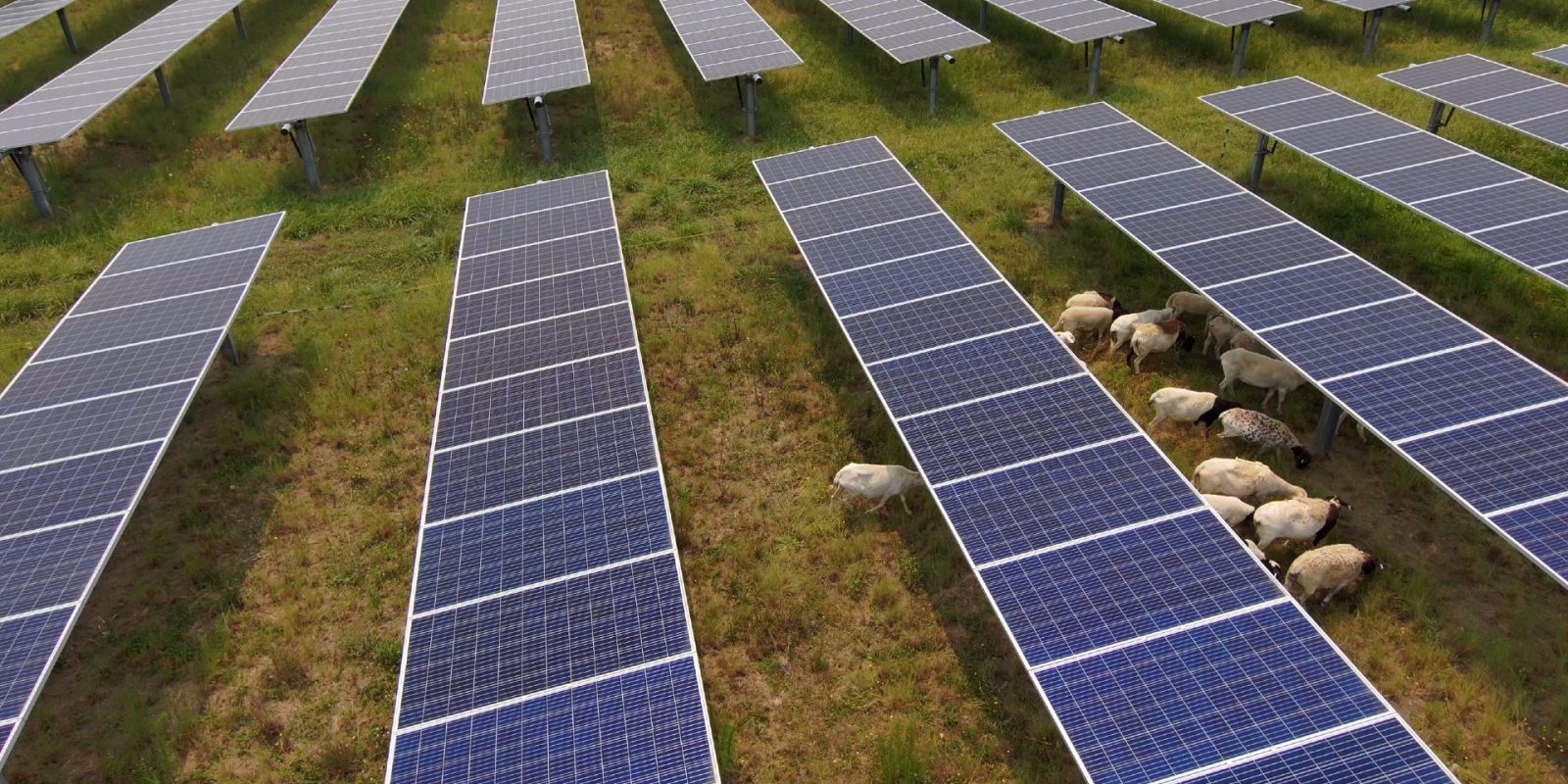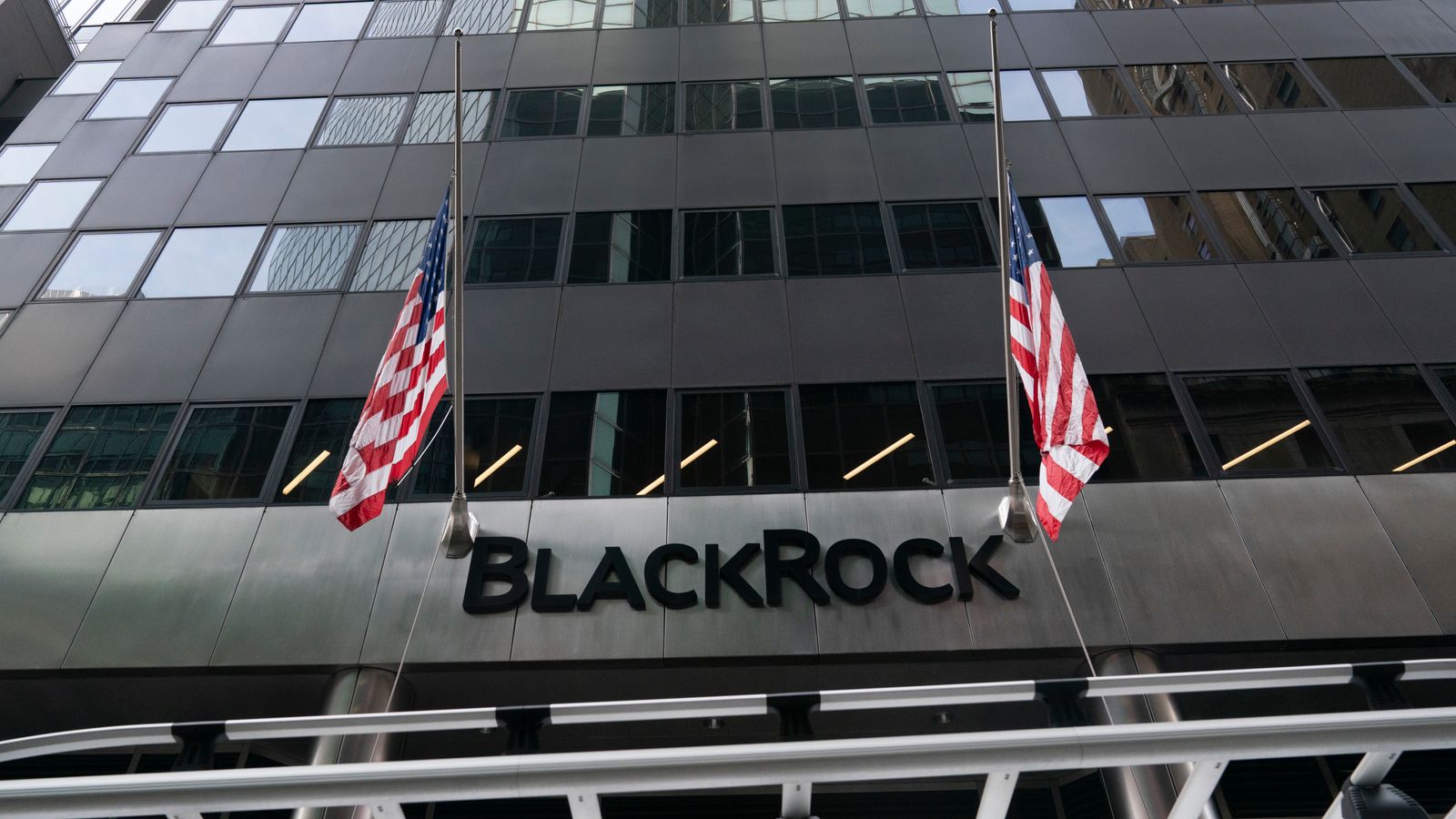
The US Energy Information Administration (EIA) reports today that 62.8 gigawatts (GW) of new utility-scale electric generating capacity is coming online in 2024 – here’s how it breaks down.
Let’s talk solar first. The EIA expects a record addition of utility-scale solar in 2024 if the scheduled 36.4 GW come online. That would nearly double 2023’s 18.4 GW increase, already a record setter for annual US utility-scale solar installation. Supply chain challenges and trade restrictions are easing, so solar continues – and will continue – to outpace capacity additions from other sources.
More than half of new utility-scale solar capacity is planned for just three states: Texas (35%), California (10%), and Florida (6%). The 690 MW Gemini solar facility in Nevada, with battery storage of 380 MW, is also expected to go live in 2024 – and it will then become the US’s largest solar farm.
Second up is battery storage, which is growing at breakneck speed. As I covered at the beginning of January, the EIA expects battery storage capacity to nearly double in 2024 – another record-setting year.
Developers are expected to add 14.3 GW of battery storage in 2024 to the existing 15.5 GW. In 2023, 6.4 GW of new battery storage capacity was added to the grid, a 70% annual increase.
As for wind power, 8.2 GW is scheduled to come online in 2024. Wind capacity additions have slowed in the last couple of years following the record additions of more than 14 GW in both 2020 and 2021. This year will see the 800 MW Vineyard Wind 1 off Massachusetts and the 130 MW South Fork Wind off New York come fully online this year, putting the US on the map for utility-scale wind power for the first time ever.
And while we at Electrek don’t want to see any new fossil fuel capacity come online, much less 2.5 GW of it, which is forecast to happen, it’s noteworthy that 2024 will see the least new natural gas capacity added in 25 years.
If you live in an area that has frequent natural disaster events, and are interested in making your home more resilient to power outages, consider going solar and adding a battery storage system. To make sure you find a trusted, reliable solar installer near you that offers competitive pricing, check out EnergySage, a free service that makes it easy for you to go solar. They have hundreds of pre-vetted solar installers competing for your business, ensuring you get high quality solutions and save 20-30% compared to going it alone. Plus, it’s free to use and you won’t get sales calls until you select an installer and share your phone number with them.
Your personalized solar quotes are easy to compare online and you’ll get access to unbiased Energy Advisers to help you every step of the way. Get started here. –ad*
FTC: We use income earning auto affiliate links. More.












